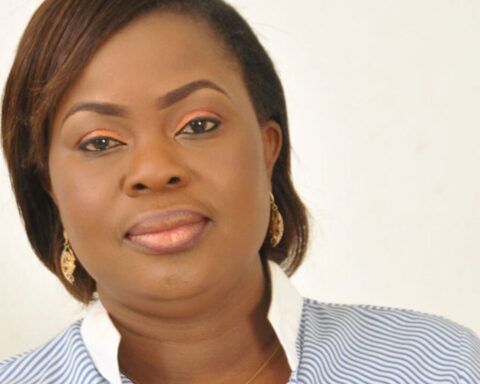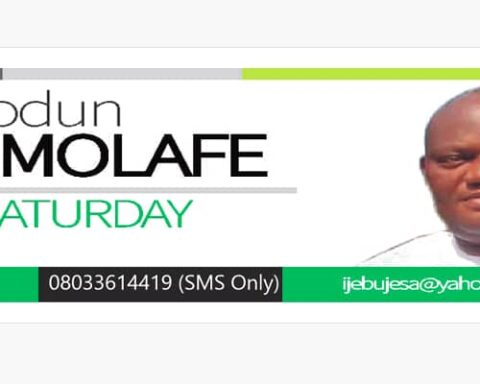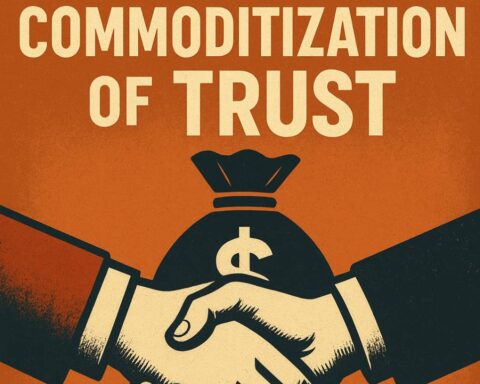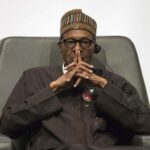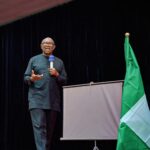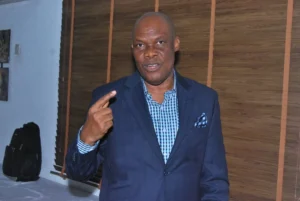
IT was a usual Sunday morning – cool breeze, light traffic, both human and vehicular. Clement weather but somewhat sombre. Ours was a breakfast like no other. The food was sumptuous and the ambience right. The three of us huddled at a strategic corner that gave us a picturesque view of the antique Terra Kulture restaurant in Victoria Island, Lagos, chatting away. I was the host, and my two guests were the academic and novelist Prof. Okey Ndibe and the renowned poet Prof. Kofi Awoonor, who was Ndibe’s friend.
I was meeting Awoonor for the first time in person, and he was almost everything I had imagined he would be: cerebral, unassuming, polite, and engaging. An acclaimed poet, veteran diplomat, distinguished scholar and an accomplished writer, he came dressed simply in his native Ghanaian outfit. As we made to bid each other farewell that memorable Sunday morning, he expressed his wish to speak with our mutual friend, the renowned musicologist and eminent traditional ruler, Igwe (Prof.) Laz Ekwueme. My phone calls to the Igwe were unanswered, and I guessed that, being a Sunday, the pious Igwe would still be in church at that time of the day.
By the time the Igwe was done with church service and called me back, Awoonor had left for his native Ghana. He had promised to contact me on his next visit to Nigeria. A few weeks after this promise, precisely on September 21, 2013 he was killed at the upscale Westgate Shopping Mall by Al-Shabaab terrorists who were on a revenge mission against the Kenyan government whose defence forces had attacked their bases in Somalia two years earlier. As the celebrated poet once moaned:
They committed the impiety of self-deceit slashed, cut and wounded their souls
And left the mangled remainder in manacles
Before the sacred altar, alongside the sacrificial cock
Whose crow woke the night sleepers at dawn.
My first interaction with Awoonor was through Prof. Romanus Egudu’s “Four Modern West African Poets”. The book, first published in 1977 by the Alhaji Abdulaziz Ude led NOK Publishers, made a bold attempt at a systematic analysis and discussion of the poetry of four of the most important modern West African poets of English expression: Christopher Okigbo and John Pepper Clark from Nigeria, Kofi Awoonor (formerly George Awoonor- Williams) from Ghana and Lenrie Peters from Gambia.
On Kofi Awoonor, Prof. Egudu noted that among the modern West African poets writing in English, “Kofi Awoonor is the poet most concerned about the theme of the conflict of foreign cultures and the indigenous African cultures. It is the clash of emotions within the poet which brings him to the brink of frenzy, and only truly great poetry can restore his sanity. Awoonor is grappling with the many kinds of conflict at one and the same time, simply because he as a human being is planted in a mesh of interrelations.”
Egudu further posited that “Awoonor is an active propagandist on behalf of the indigenous life; he sees almost everything about it as good. It is to this belief as well as to his art –Gerald Moore thinks. “the strength of his poetry at its best derives from his knowledge and understanding of traditional Ewe songs.”
“The greatest problem of Kofi Awoonor,” Egudu stressed, “is his delicate conscience, which always presents before him the fact that he has offended his ancestors and his communal gods. If he were a little callous, he might have forgotten many opposite old memories which invade him with pressure and brutality”. Awoonor was a peace maker who didn’t deserve to die so brutally, not even when he had penned :
We shall die on the battlefield
We shall like death at no other place
Our guns shall die with us
And our sharp knives shall perish with us
We shall die on the battlefield
These lines are among the best from Awoonor. Full of alliteration and assonance, and marked by the power and brilliance of an inspired vision, they depict the sensibility of an enraged spirit. Enraged at the thoughtlessness of the likes of the Al-Shaaba felons on whose sword he fell. He continues to live in his many works and the myriad of works on and about him, most of which remain a testament to his immortality.

